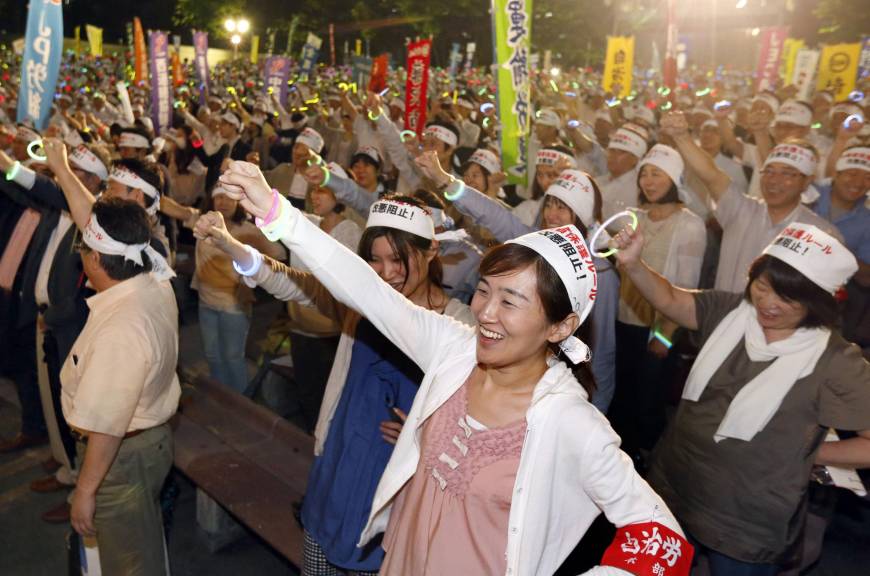
On May 11, 2021, Tozen Union entered into dispute with Interac. Since our first collective bargaining (CB) in October 2019, Tozen Union and Interac have taken several important steps toward working out a deal. But after twenty-six CB sessions, workplace safety and wage issues remain. Our campaign to improve working conditions at Interac is important not just for employees, but for students and Japan’s education system.
2021年5月11日より東ゼン労組は株式会社インタラック関東南と(以下、インタラック)労働紛争に入りました。2019年10月に行われた初の団体交渉以来、東ゼン労組とインタラックは解決の方向へ進展を遂げてきました。しかし、職場の安全と賃金については、26回もの団体交渉を繰り返す中で、未だに進展がありません。東ゼン労組がインタラックの労働条件をより良くしようと挑んでいるこのキャンペーンは、労働者だけではなく、生徒たちや日本の教育システムにとっても大事な活動です。


